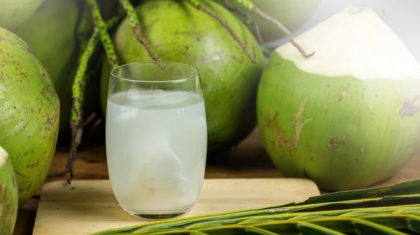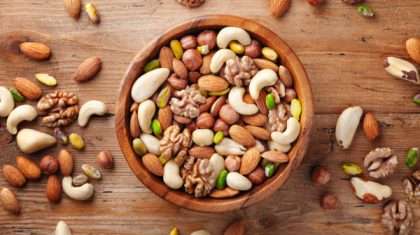Once you know how foods, especially carbohydrates, affect your blood sugar, you can evaluate them and make educated estimates with your health coach or doctor about whether and when you can eat them. Coconut, also known as nariyal, is a plant food rich in nutrients. When thinking of a healthy diet, milk, oil, and cream of coconut are all beneficial. In fact, coconut oil, which is solid at room temperature, is excellent for cooking.

Read below to find out a bit more in detail about this plant food called coconut.
Consult with Diabetes Experts Now
However, sweetened coconut products, such as the flakes used in baking, are not recommended for people with diabetes.

Nutritional benefits:
Coconuts are high in naturally occurring saturated fats such as lauric acid.
Lauric acid is converted in the body into monolaurin, a beneficial compound that destroys a variety of organisms that cause disease.
It is used tofight common colds and viral infections,such as flu.
Coconuts also contain the following nutrients that can have benefits for the body:
- Vitamin C
- Thiamin (vitamin B1)
- Folate
- Potassium
- Manganese
- Copper
- Selenium
- Iron
- Phosphorus
- Potassium
Find the fibre:

Coconut is an exceptional source of dietary fibre. So much so that coconut fibre is packaged in capsule forms and sold as a health supplement for people who don’t get enough in their food. A small snack-sized portion of fresh coconut contains 4 grams of dietary fibre, a full 16 percent of your recommended dietary intake.
Food that gives you this much fibre in exchange for just 2 percent of your day’s carbohydrates is definitely a smart choice for diabetics.
A few considerations:
Just like all things, there are a few considerations to bear in mind when it comes to coconuts.
- Coconut is high in fats, especially saturated fats; so if you’re struggling with your weight, eat in moderation. In combination with slow-digesting fiber, fat can help you feel full for longer. This means you are less likely to snack, and this helps with both weight loss and sugar management.
- Fresh coconut eaten in moderation is a good dietary option for diabetics. In case you don’t have fresh coconut, then roughly 28-30 grams of dried coconut is equivalent to a 2-inch square of fresh coconut.
- Avoid the variety you get from your supermarket’s baking section, as it includes added sugar.
Read More: Coconut for Diabetes: Everything You Should Know

Smart monitoring:
The recommended intake of fiber for people with and without diabetes is 25 to 38 grams per day. And all the above considerations are to be kept in mind as well. But it can be difficult to get the exact intake each time and keep yourself away from other forms of food.
Therefore, it is advised to keep a check on your blood sugar levels using a smartphone glucometer. This will help you understand the effect of your food intake and lifestyle on your blood sugar levels.
Also, it is advisable to talk to your healthcare provider or educators about including any new food item on your diabetes diet list.
Author – Shahana Khatoon




